The Chartists – Echoes in the Landscape
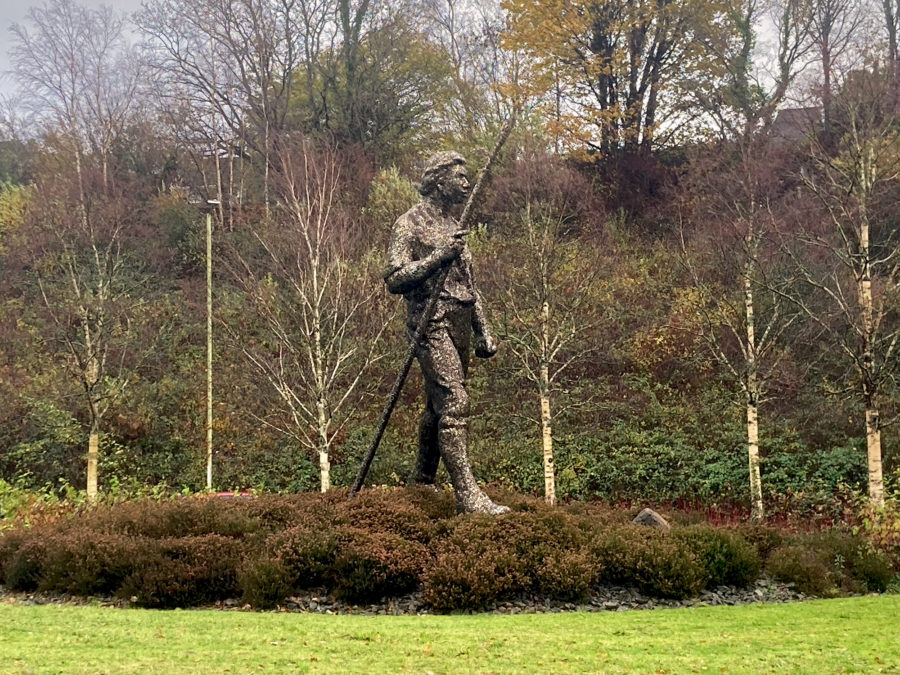
Tom Maloney
In the history of Chartism, November is a special month as it marks the moment when ordinary people marched on Newport on the 4th of November 1839 to demand that their voice was heard and recognised.
All over the Valleys there are reminders of The Industrial Revolution, but what of The Chartists and the reasons why Chartism became such an important movement, with lessons that still have relevance for us today?
Much has been written over time, but there are also significant echoes remaining in the landscape that talk to us still.
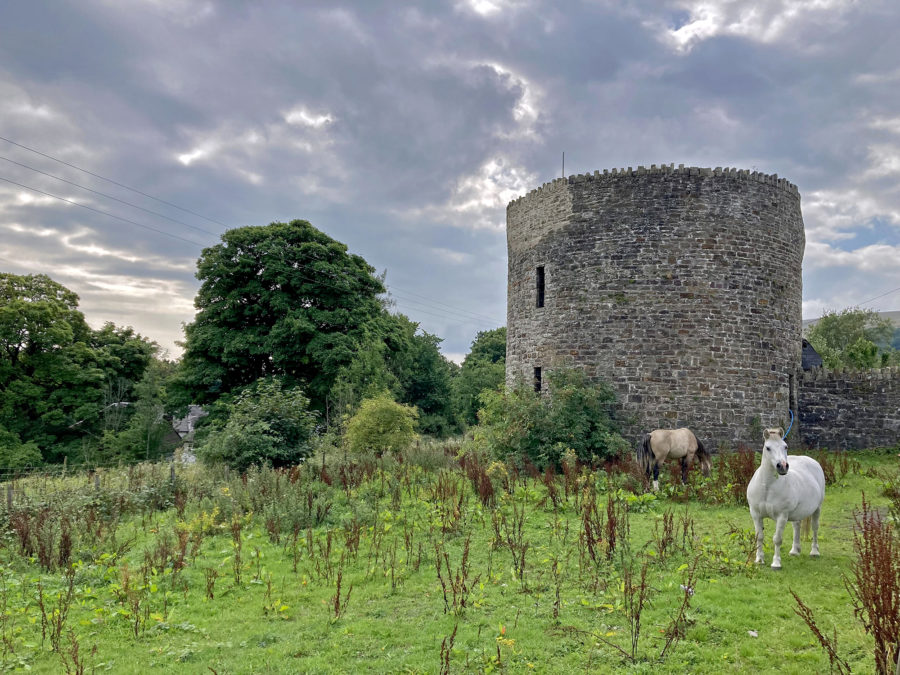
Nantyglo Roundhouses
A little tucked away from the main road, the ‘Nantyglo Roundhouses’ are a vivid reminder of the tensions that existed during the days of the Industrial Revolution between the workers and the iron masters.
Unique
Blaenau Gwent County Borough Council gives the following information – ‘The Nantyglo Roundhouse complex is a unique relic of the Industrial Revolution. It was built in about 1816 by Joseph and Crawshay Bailey, the Ironmasters of the Nantyglo Ironworks, as a defended refuge against armed revolt by their workforce. In effect, it was the last private castle built in Britain.’
Fortresses like this could not stop the rightful demands for fairness!
Cefn Golau Cholera Cemetery
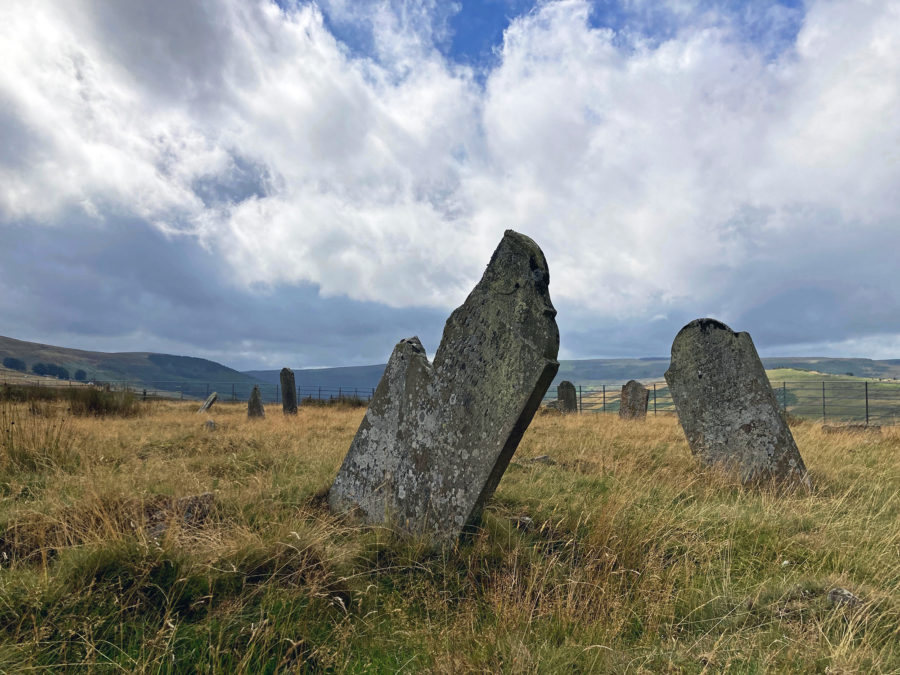
Living conditions for ordinary, working people struggling to make a living were incredibly hard. You cannot help but be moved on a visit to Cefn Golau Cholera Cemetery.
Remoteness
The remoteness of its location tells so much about the sadness and fear of this disease. There are graves from three major outbreaks here.
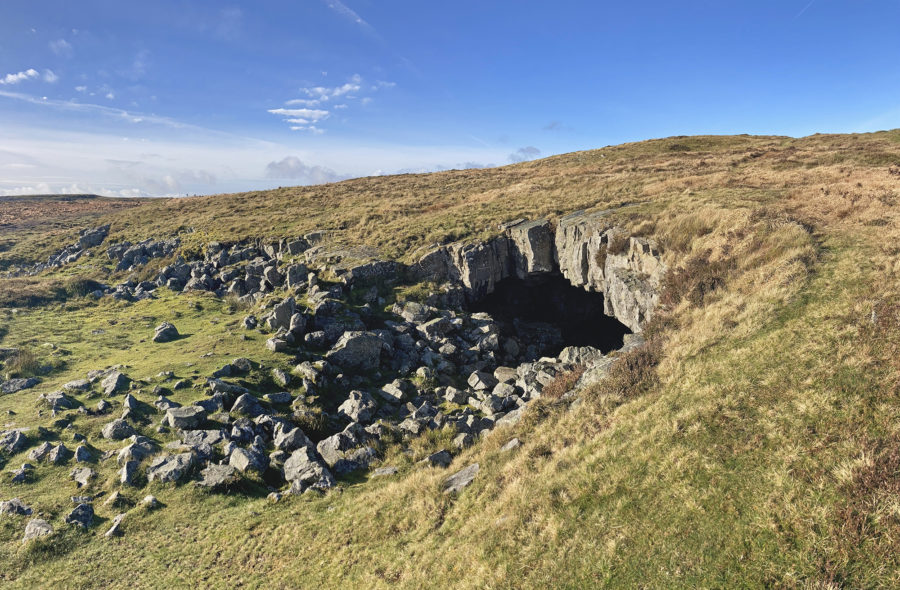
Chartist Cave
For anyone interested in the history of the Chartist movement, the Chartist Cave has to have huge significance. Its remote location says much about why it was chosen by the revolutionaries.
It is easy to walk by and completely miss when visiting for the first time and even if you have been to the cave before, it can still be a challenge to find on the windswept landscape of the Bannau Brycheiniog National Park, near the village of Trefil, Tredegar.
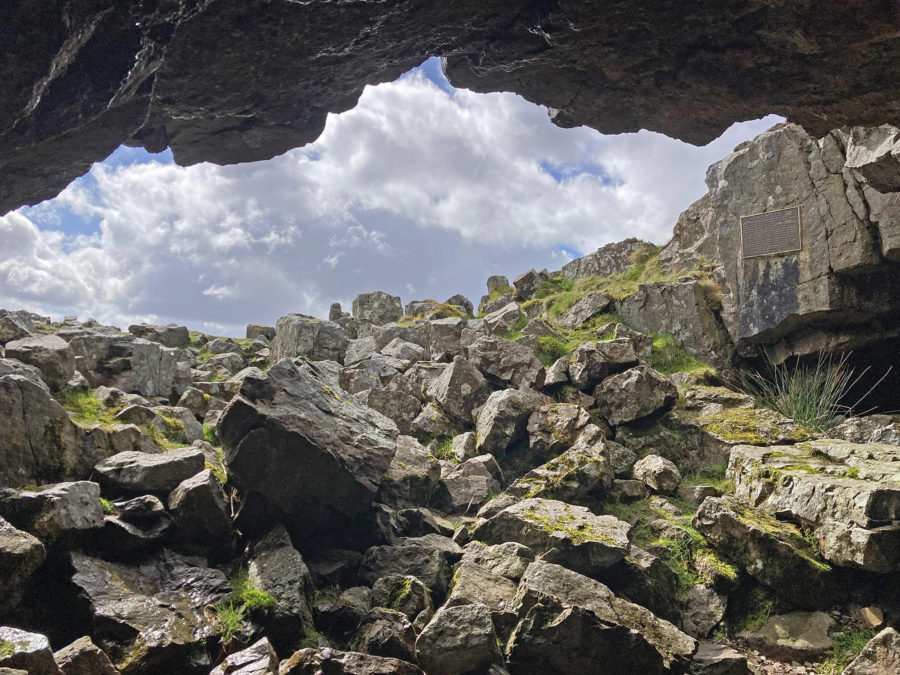
This is a secret place, with historic memories. Signage at the cave states:
‘Pikes and possibly other weapons were secretly made and stockpiled in these caves during the summer of 1839.’
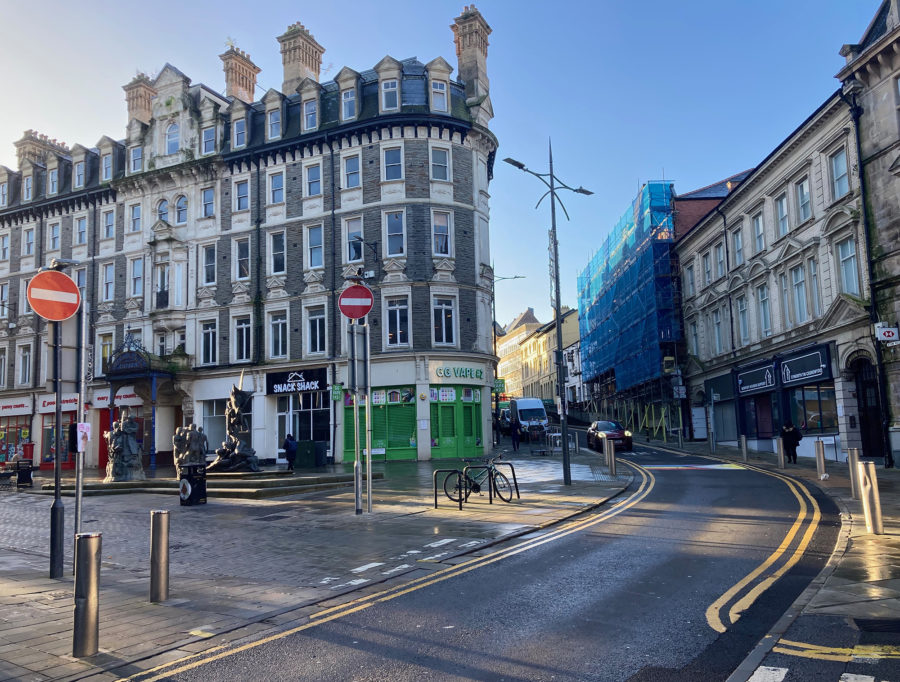
The Westgate Hotel, Newport
The Westgate Hotel where the uprising was centred has undoubtedly changed over the years, and yet this place still has something of its past history about it. Even today, it is not hard to imagine the thousands of Chartist protesters marching down Stow Hill where the soldiers lay in wait at the hotel on the 4th November 1839.
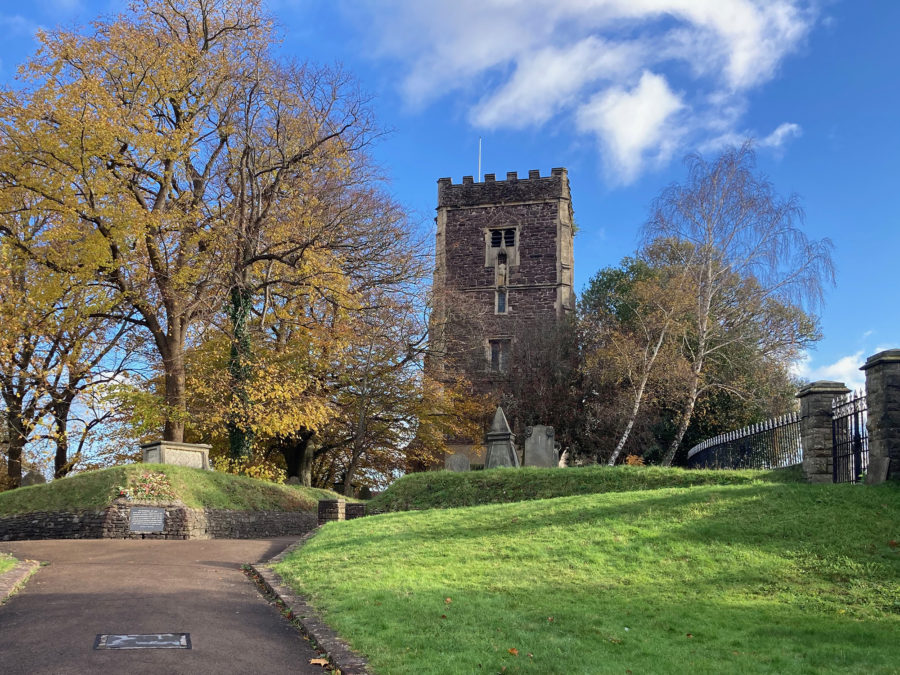
St Woolos Cathedral, Newport
It is only a short walk up the hill to St Woolos Cathedral, Newport, where you will find a stone memorial dedicated to those that died on that day, ten of whom are buried in the churchyard in unmarked graves.
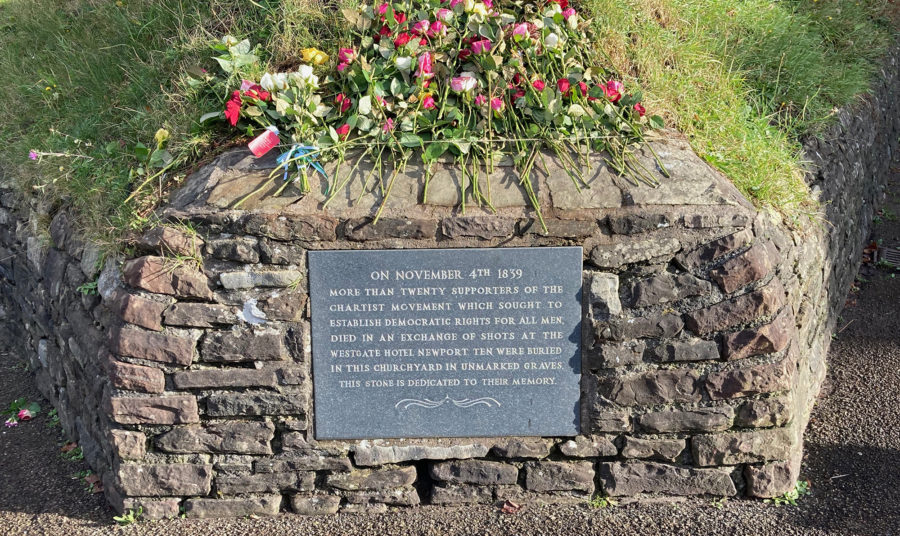
Support our Nation today
For the price of a cup of coffee a month you can help us create an independent, not-for-profit, national news service for the people of Wales, by the people of Wales.






If only we in Cymru today had the passion and conviction of the chartists. We’d stand up for ourselves against the deluge of right wing propaganda served up daily by the Sun, Mail, and Express newspapers. We’d try and create a more equal society, invest heavily our education and health care systems. Instead we meekly follow our Westminster masters who continue with austerity and perpetuate Cymru as their internal colony.